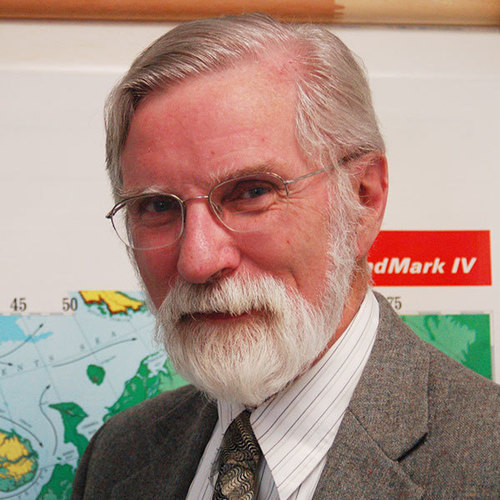Theology of the Body
Next Session: Oct 21, 2024
In his biography of Pope John Paul II, Witness to Hope, George Weigel described the theology of the body as a “theological time bomb” and “one of the boldest reconfigurations of Catholic theology in centuries.” It is an approach that will, according to Weigel, exorcise “the Manichaean demon and its deprecation of human sexuality from Catholic moral theology.” Pope John Paul II proposes his “theology of the body” not simply as an innovative approach to sexual ethics but as a way to understand the deepest aspects of our human nature—our capacity for love and interpersonal communion. Far from being a mere biological accident, human sexuality—being human as male and female—is essential to our being in the image of God. The union of man and woman is a kind of icon of God’s love. Marriage is the primordial sacrament of God’s love for creation and his people.
This course will examine the foundations and major conclusions of this theology of the body, as this is manifest in the John Paul II’s encyclicals and other writings, as well as his public audiences on the theology of the body. The focus will be on the universal vocation to holiness (expressed by Vatican II) which is realized in love.
Course Content
Unit 1: The Conflict over Humanity
- Contemporary confusion about human nature and the basis of John Paul II’s personalism.
Unit 2: Image of the Trinitarian God
- The man and woman as created for selfless love
Unit 3: Union of the Two - Marriage
- Marriage is a sign, and this sign is founded on the language of the body
Unit 4: The Dignity and Originality of Woman
- What the pope does and does not say about woman’s vocation
Unit 5: Morality and Contraception
- How John Paul II understands Humanae Vitae and its profound implications
Course Format
- Created by Notre Dame Professor.
- Six weeks in duration, with one week for orientation.
- Typically 15-20 students in each course.
- Lectures delivered via narrated streaming video.
- Supplemental readings are provided to encourage further exploration of topic, internet links provided for all readings.
- Written assignments (200-250 words) required.
- Facilitator moderated Zoom sessions with students in course.
Required Texts
- All course materials are available online in the course.
Participation Requirements
- View or read the lecture for each unit.
- Read assigned texts; keep notes, questions, and comments for class discussion.
- Participate in the class discussion using the Forums area: post at least 2 comments, questions, or responses per unit.
- Respond to the assignment in each unit.
- Participate in at least 3 scheduled Zoom sessions throughout the course.
- Complete the course evaluation.
Time Expectations
4 to 6 hours per week, depending on your learning style and schedule.
Course Certificate
A certificate of completion awarding 30 contact hours will be sent upon completion of all course requirements.

Dr. Adrian J. Reimers
Married with four grown children, Adrian J. Reimers is Adjunct Assistant Professor of Philosophy at the University of Notre Dame. Dr. Reimers earned his doctorate from the Internationale Akademie für Philosophie in Liechtenstein with a dissertation on human happiness, written under Professor Rocco Buttiglione. The revised dissertation was published in 2001 under the title, An Analysis of the Concepts of Self-Fulfillment and Self-Realization in the Thought of Karol Wojtyla – Pope John Paul II. Dr. Reimers has also authored many articles on the thought of John Paul II for scholarly journals. Dr. and Mrs. Reimers live in South Bend, Indiana.